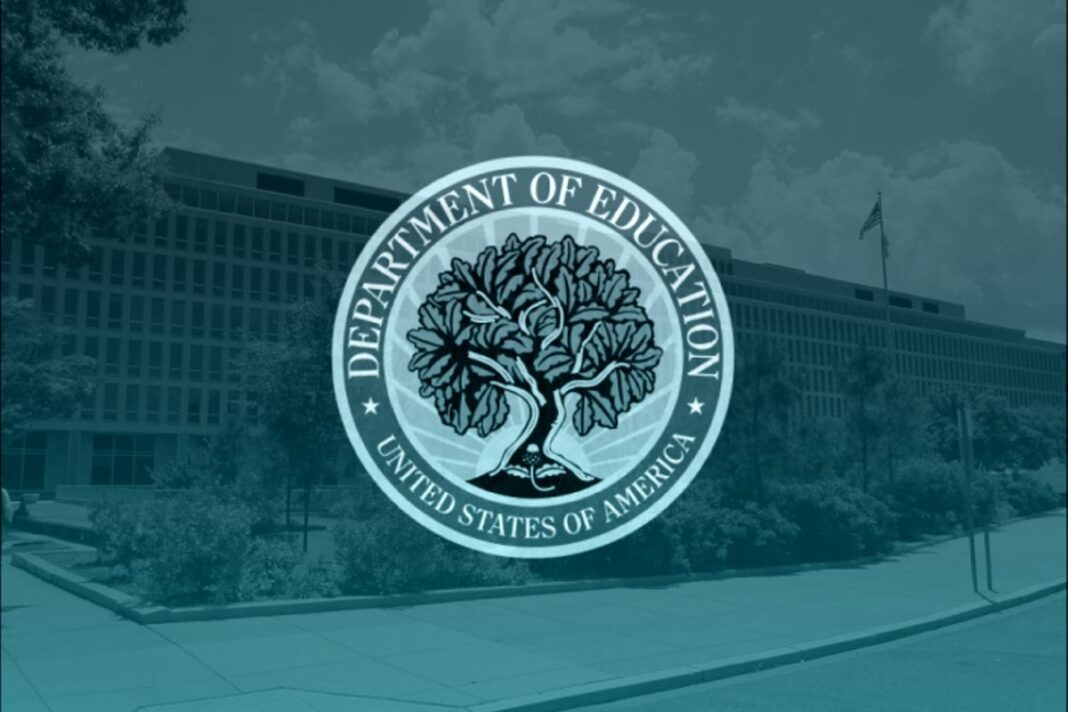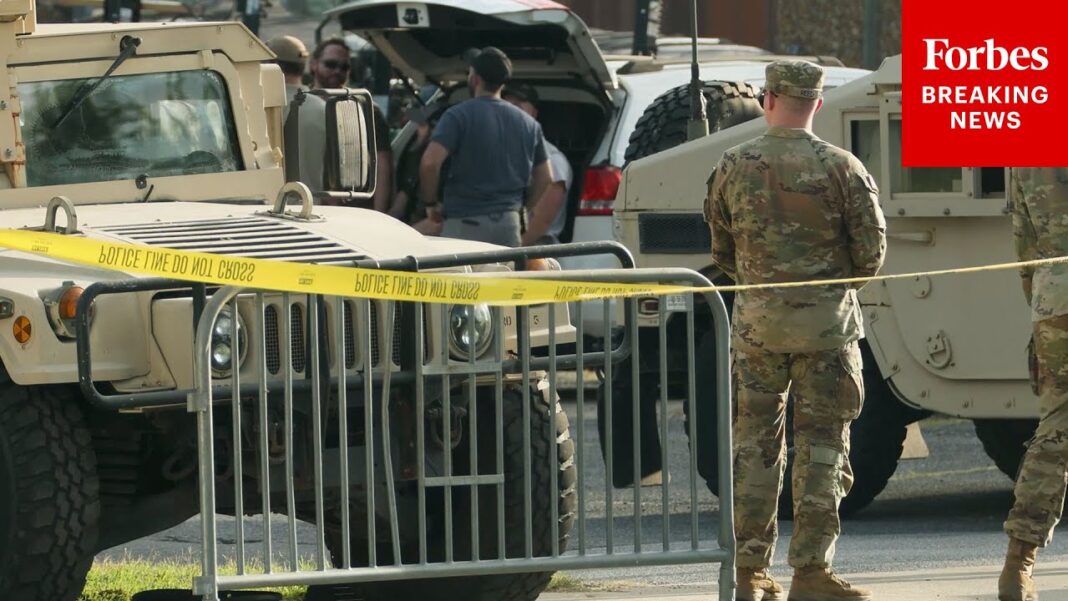The new guidance follows a letter last year from 16 Republican attorneys general who criticized the Biden-era policy.
The Department of Education said it has rescinded Biden-era directives that allowed the use of federal dollars to pay college students to work at polling places.
In new guidance issued Tuesday, the department clarified that the Federal Work Study (FWS) program, which provides part-time jobs for students with financial need, does not cover any jobs involving “partisan or nonpartisan political activity.”
According to the guidance, work such as helping people to register to vote and serving as a poll worker is inherently political regardless of whether it takes place on or off campus, because it ultimately facilitates the act of voting, through which citizens formally express support for political candidates.
This interpretation overturns two earlier directives from 2022 and 2024. The latter directive, issued just months before that year’s general election, said FWS funds could be used to hire students for “civic engagement work” as long as it was “not associated with a particular interest or group.”
“This work can include supporting broad-based get-out-the-vote activities, voter registration, providing voter assistance at a polling place or through a voter hotline, or serving as a poll worker,” the now-rescinded directive read.
At the time, the Biden administration said the policy aimed to improve turnout among college students. Studies had suggested that most American college campuses lacked in-person voting options, despite mandates in some states, such as New York, that colleges hosting more than a certain number of active voters must have polling places.
The move drew opposition from Republican-led states. An April 2024 letter signed by 16 Republican attorneys general, for instance, rejected the claim that the FWS initiative served the public interest, calling it instead “an example of pulling votes from a politically aligned voter cohort with public dollars.”
“Spending tax money to get more Democrat voters to the polls this fall looks to be this administration’s policy,” they wrote, adding that it would be “naïve at best” to assume college administrators—whom they said are more likely to lean left politically—would go out of their way to make sure students’ work remained nonpartisan.
By Bill Pan








